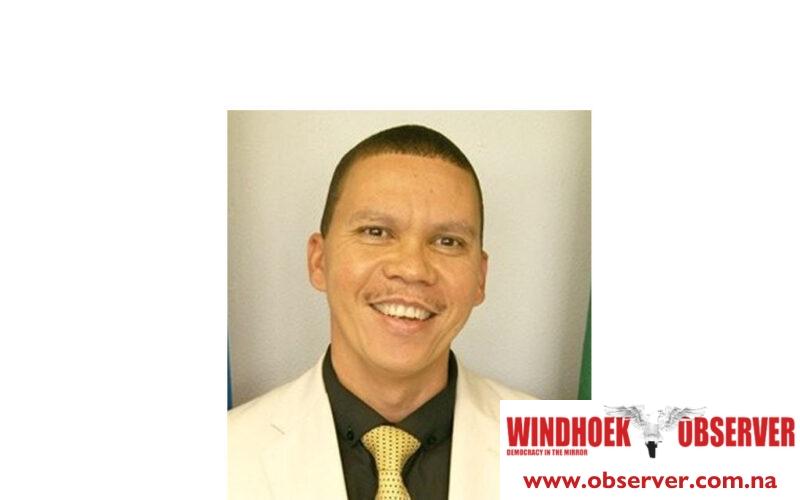Niël Terblanché
Namibia’s ambitious goal to achieve nationwide electrification by 2030 has been deemed unrealistic by John Titus, the Director of Energy at the Ministry of Mines and Energy.
Titus made the statement during a critical discussion on rural electrification held between the Energy ministry and the Kavango East Regional Council where he pointed to the significant financial and logistical challenges that might hamper the process.
He said Namibia’s vision to illuminate every corner of the country requires a staggering N$14 billion investment, a figure that starkly contrasts with the N$130 million currently earmarked in the national budget for this purpose.
He added that the current assessment calls for a reevaluation of timelines and strategies.
The discussions shed light on a broader issue; until the recent introduction of the Electrification Support Mechanism, Namibia lacked a coherent strategy for powering its vast and diverse landscapes.
According to Titus, this mechanism, comprising an electrification policy, a funding portfolio, and a national electrification strategy, aims to address the gaps in the country’s approach to achieving this critical infrastructure goal.
Despite these strategic initiatives, Titus pointed out the glaring financial shortfall and the resultant shift in the electrification timeline, now extended to 2040.
He added that this adjusted forecast acknowledges the complex reality of bringing power to Namibia’s remote and underdeveloped regions while also stressing the necessity for innovative solutions and increased financial commitment.
He said the Ministry of Mines and Energy’s call to stakeholders to “meet central government halfway” emphasizes the urgency of collaborative effort in surmounting the financial and logistical barriers to electrification.
Private sector investment, international aid, and public-private partnerships are needed to bridge the gap between ambition and feasibility.
According to Titus, Namibia’s electrification challenge is not just about infrastructure development; it’s about economic empowerment, access to education, healthcare improvements, and enhancing the quality of life for its citizens.
He said the path forward requires unity, innovation, and a renewed commitment to sustainable development.




